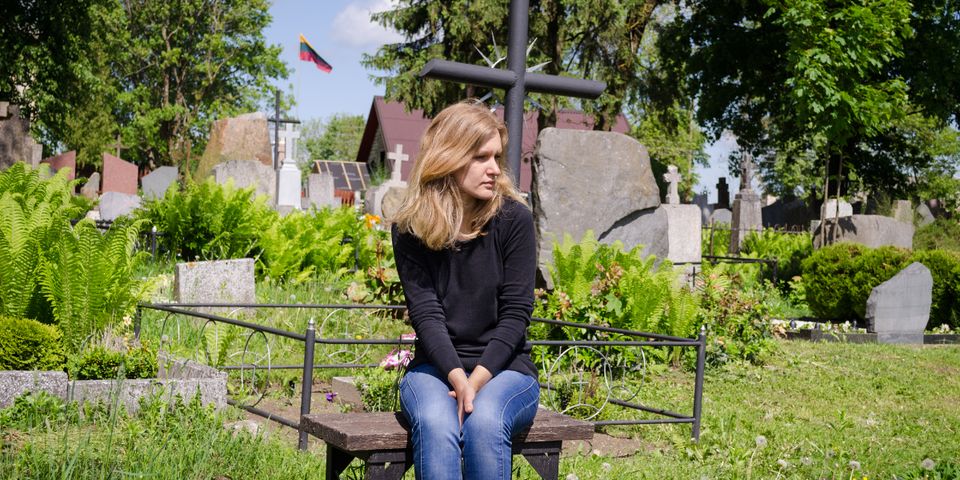A Guide to the Five Stages of Grief

Grief is a highly subjective experience, and no two responses to the loss of a loved one are the same. However, the most widely cited model for understanding grief is that described by Elisabeth Kübler-Ross in 1969, in which five stages cover the journey from saying farewell at a funeral home or graveside to ultimate acceptance of the loss. Whether you’re preparing to say farewell to a loved one or looking for ways to support a grieving friend, it can help to understand what to expect along the way. These stages do not necessarily happen in a specific order, but here are the essentials of each stage.
What Are the Stages of Grief in the Kübler-Ross Model?
1. Denial
In the period immediately following a death, many people experience a numbness and refuse to accept that their loved one is gone. Far from being unhealthy, this is often vital for allowing mourners to cope with the loss even as they logically understand that their friend or relative is no more. During this stage, it’s also common to hear the voice of or see the departed, or to sense their presence.
2. Anger
Once the bereaved start to accept the death of their loved one, the next stage is often anger. They may blame others around them, the world, a deity, or life itself for taking their friend or relative away. At this stage, everything about the death can seem unfair and infuriating.
3. Bargaining

In bargaining, it may seem as though the cause of grief can be avoided or negotiated. At this point, they may want to make deals with themselves or with a god to change their behavior or otherwise make a sacrifice, if only a dead or dying loved one can live or return.
4. Depression
Depression is a state of deep sadness, during which the bereaved may finally start to truly mourn for the departed. This can begin at any point—whether next to the deathbed, at a funeral home, or even months after the funeral itself. It can last for weeks, months, or even years. During this stage, the support and love of friends and family, as well as guidance from a grief counselor, can be particularly beneficial.
5. Acceptance
Finally, mourners come to accept the loss of their loved one. This doesn’t mean overcoming sadness, but rather reaching a point at which it’s possible to believe that they'll be alright. They may still experience intense sadness, anger, or disbelief, but they'll also have more frequent days in which they're able to cope.
When it’s time to say farewell to a loved one, count on Brown Funeral Homes & Cremations to support you through the grieving process. Serving families throughout Martinsburg, WV, the Eastern Panhandle, and the Tri-State area since 1880, the compassionate staff at this funeral home will work closely with you to give your loved one a dignified, meaningful send-off. Call (304) 263-8896 to schedule a consultation, or visit them online to learn more.
About the Business
Have a question? Ask the experts!
Send your question

